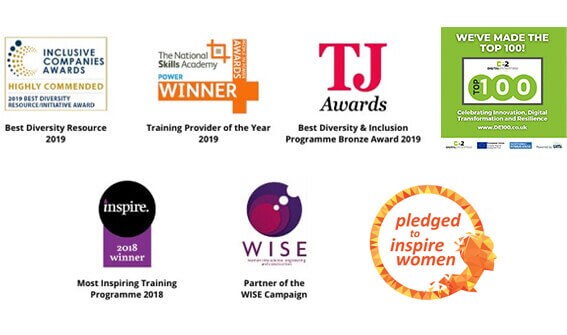Often described as ‘death by a thousand cuts’, microaggressions can be both verbal and behavioural indignities which can lead to the person on the receiving end having constant chips away at their confidence, with severe psychological impacts on their mental health.
These behaviours and attitudes are often directed towards a marginalised group, for example: people of different gender identities, races, ethnicities, religions, those with disabilities, social class or income level.
36% of all women claimed to have had their judgement questioned. This rose to 40% for black women and 37% of LGBTQ+ women, as opposed to 27% of men.
Microaggressions can lead to the person on the receiving end feeling angry, depressed, less motivated and productive in work. Their confidence can be affected, causing them to lose confidence in themselves and not go for opportunities.
Ultimately, they can feel that they are not fully accepted or trusted and eventually they can reach a point where they feel they need to leave the workplace.
Microaggressions can take a number of forms; rather than an overt declaration of racism or sexism, they can take the shape of the following:
Some of the above microaggressions can be subtle, casual remarks or questions, meaning that they can pass unchallenged.
Microaggressions are typically rooted in Unconscious Bias and the person delivering these behaviours or statements is often unaware and they don’t always realise what they’re doing and the demeaning action they have exchanged.
42% of black women and 31% of women have had to provide more evidence of competency when compared to only 16% of men.
Being addressed unprofessionally accounts for 45% of microaggressions.
28% of workers have experienced being spoken over in work with 47% of women saying it upset them in comparison to 37% of men.
Microaggressions send the message:
“You’re not like the rest of us. You don’t belong.”
Being aware of your Unconscious Biases means that you can challenge yourself. Our Award-Winning EMPOWER, UNCONSCIOUS BIAS, INCLUSION ALLIES, and THRIVE programmes all explore Unconscious Bias and our unconscious brains.
3 in 10 workers believe microaggressions are worse if committed by senior employees.
Please get in touch with us to find out more!
Statistics taken from https://www.surveymonkey.com/curiosity/microaggressions-research/
